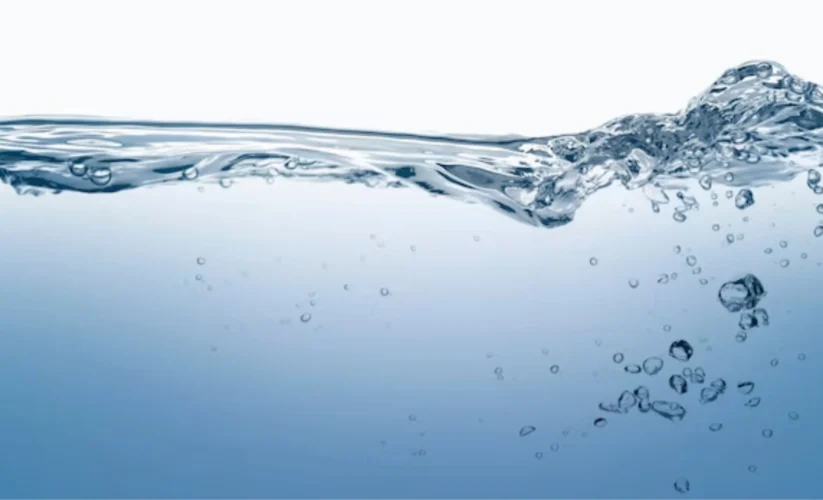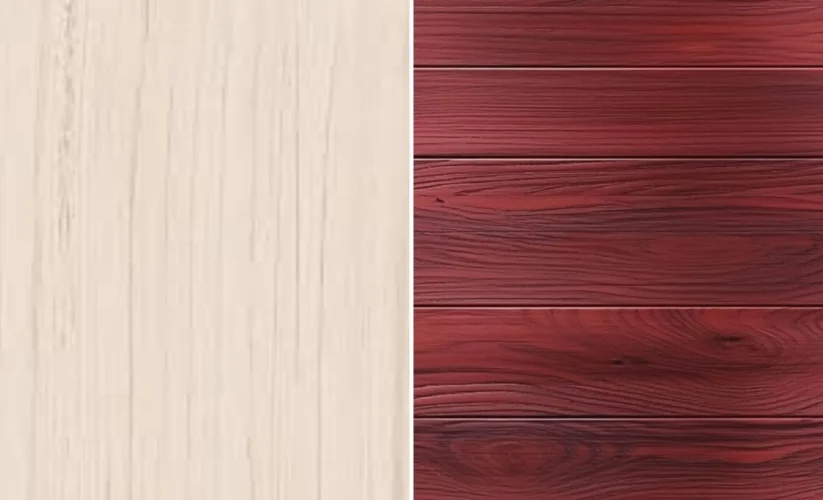
Is Water Wet: Let’s Dive into the Debate
Is water wet? This age-old question has sparked countless debates and discussions among individuals of all ages. Some argue that water itself is not wet, while others believe that it is. So, what is the answer? In this article, we will explore the concept of whether is water wet or can be considered wet or not.
The Definition of Wetness
Before delving into the debate of is water wet, it is essential to understand the definition of wetness. According to Merriam-Webster, the term “wet” is defined as “covered or saturated with water or another liquid.” This definition implies that something can only be considered wet if it is in contact with water or a liquid substance.
The Scientific Perspective
From a scientific standpoint, water molecules possess a unique property that allows them to form hydrogen bonds with other molecules. When water comes into contact with another surface, the hydrogen bonds enable it to adhere to that surface. This adhesion is what gives the perception of wetness.
The Philosophical Argument
On the other hand, some individuals argue that water itself cannot be considered wet. They believe that “wetness” is a sensation experienced by objects that come into contact with water. In this context, water is the element that causes other surfaces to become wet, rather than being wet itself.
Addressing the Controversy of is water wet
So, is water wet? The answer to this question ultimately depends on how one defines the concept of wetness. If wetness is considered a sensation experienced by objects in contact with water, then water itself cannot be deemed wet. However, if wetness is defined as the ability of a substance to saturate or cover another surface, then water can be considered wet.
Is Water Wet? Let’s Break It Down
Is water wet? For ages, this question has baffled a lot of people. While the debate may never be fully settled, it is essential to consider all perspectives when discussing this topic. From a scientific viewpoint to a philosophical argument, there are various interpretations of whether water can be considered wet. As you ponder this age-old question, remember that the answer may not be as straightforward as it seems.
Enjoy the journey of exploring different viewpoints and forming your conclusions on whether is water wet or not. Discover the age-old debate: is water wet? Dive into the scientific and philosophical perspectives to explore the concept of wetness and form your conclusions.
Conclusion
In conclusion, the debate over whether is water wet is a complex and multifaceted one. While some may argue that water itself is not wet, others contend that it can be. Ultimately, the answer to this question is subjective and open to interpretation. Whether you believe water is wet or not, one thing is for certain – the discussion surrounding this topic will continue to intrigue and engage individuals for years to come.
FAQ’s
Q. Is water wet, yes or no?
The question of whether is water wet or not has been a topic of debate for a long time. Some argue that water cannot be wet because it is a liquid that makes other things wet. Others believe that water itself can be considered wet because it has the ability to adhere to other surfaces. Ultimately, the answer to whether water is wet or not depends on how one defines the term “wet.”
From a scientific standpoint, wetness is defined as the ability of a liquid to adhere to the surface of a solid material, which would suggest that water itself can be wet. However, the debate of is water wet is likely to continue as different perspectives and interpretations come into play.
Q. Can you say is water wet?
Sure! “Many people have debated whether the issue of whether or not is water wet. Some even argue that water itself is not wet, but rather makes other things wet when it comes into contact with them instantly. Others believe that water is wet because it has the ability to make things wet by transferring its liquid properties. Ultimately, the concept of wetness is subjective and can be interpreted in different ways depending on one’s perspective. So, can you say water is wet? The response could differ based on the person you ask.”
Q. Is ice wet or dry?
The question of whether ice is wet or dry or is water wet is a fascinating one that often sparks debate. Technically, ice is a solid form of water, which means that it is not wet in the traditional sense of the word. When ice melts, it turns into liquid water, which is wet. However, when ice is in its solid state, it is more accurate to describe it as dry since it is not actively causing other surfaces to become wet. So, in conclusion, ice can be considered dry when it is in its solid form, but it becomes wet when it melts and becomes liquid water.
Q. Does water have a color?
Water itself is actually colorless. The color we see in bodies of water, such as oceans, lakes, or rivers, is due to various factors like suspended particles, algae, and minerals. These substances can give water a green, blue, brown, or even red hue. The perception of water as being blue may also be due to the reflection of the sky or surrounding environment.
In essence, water is transparent, allowing light to pass through it, which can create the illusion of color depending on the substances present in it. So, while water may appear to have a color, its natural state is clear and colorless.
Q. What color is a mirror?
Have you ever stopped to wonder, what color is a mirror or ? It’s a question that may seem perplexing at first, but when you think about it, the answer becomes clear. A mirror doesn’t have a color of its own; it simply reflects the colors of the objects around it. So, the color of a mirror is whatever color is being reflected back at you.
Whether it’s a vibrant red, a calming blue, or a deep green, the mirror faithfully shows you the world in all its colorful glory. Next time you gaze into a mirror, take a moment to appreciate the beauty of the colors reflecting back at you.





